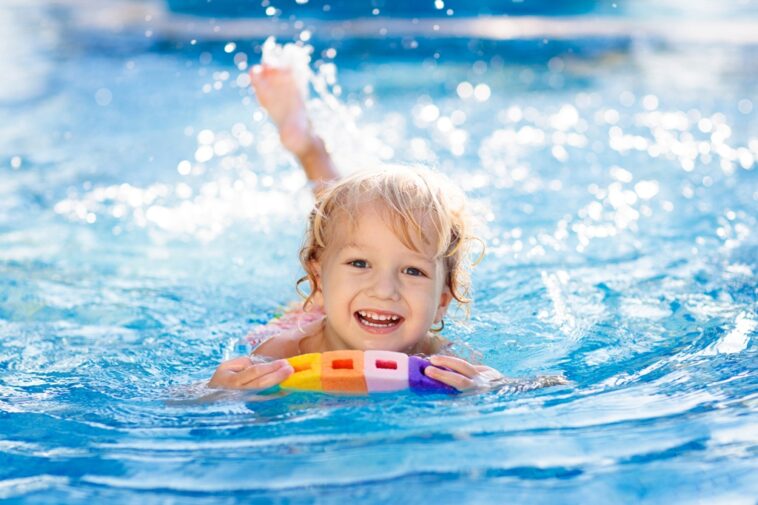It has been said, and it’s abundantly true, the best defense is a good offense. Drowning prevention should be the primary concern for all homeowners, homeowner’s associations, hotels and amusement parks. However, the legal responsibilities assigned to each have different legal standards to uphold and attendant consequences. Before we consider the legal ramifications post-drowning, let’s discuss some important preventative measures that can be taken by those responsible for swimming pools. First and foremost, teach your children to swim. This may sound condescending, but if your child knows how to swim, it’s much less likely that they will drown. Additionally, never leave a child alone by any body of water. Regardless of your child’s swimming capabilities or use of flotation devices, adult supervision is likely the most effective precaution against drowning.
Safety barriers that are at least 4 feet high should be erected around pools on all sides to keep children from accessing the water. Other considerations are safety covers, pool alarms and lock or latch pool areas that include doors, windows and gates. Fences should be equipped with a locking mechanism that is over 5 1/2 feet. Lastly, parents should learn CPR so they can immediately administer life-saving techniques.
Who is responsible if tragedy strikes and a person drowns? The answer depends on many factors, including whether it was a swimming pool, retention pond, amusement park or hotel pool.
For instance, Florida law states that drowning is a risk inherent in any body of water. The owner of the body of water is not liable merely because a person may be too young or of insufficient intelligence to understand the open and obvious danger of the water. The responsibility for the care of such people remains with parents and guardians. To shift the responsibility to another by virtue of ownership alone is unreasonable. I have reviewed cases where a child has drowned and the parents sue the pool owner, only to be brought into the lawsuit as defendants for their lack of supervision while their child swam in someone else’s pool.
Thus, there is no liability for drowning in a body of water, natural or artificial, unless there is some unusual danger not generally existing in similar bodies of water or the water contains a dangerous condition constituting a trap. Neither can a hotel be responsible for the death of a guest who drowns in their pool merely because they didn’t post a lifeguard at the pool.
There is no such legal duty to supervise swimmers in a hotel pool. There are, however, legal standards that lifeguards must adhere to if they’re posted to supervise swimming. A violation of the standards could subject the lifeguard and their employer to liability in the event of a drowning.
Some jurisdictions have ordinances requiring minimum standards of protection against allowing easy access to swimming pools for new construction. The Florida Building Codes require erection of required safety barriers and gates surrounding the pool, prohibiting unrestrained admittance to enclosed areas.
I hope that you will put into practice the preventative measures outlined in this article and enjoy your summer.





Comments